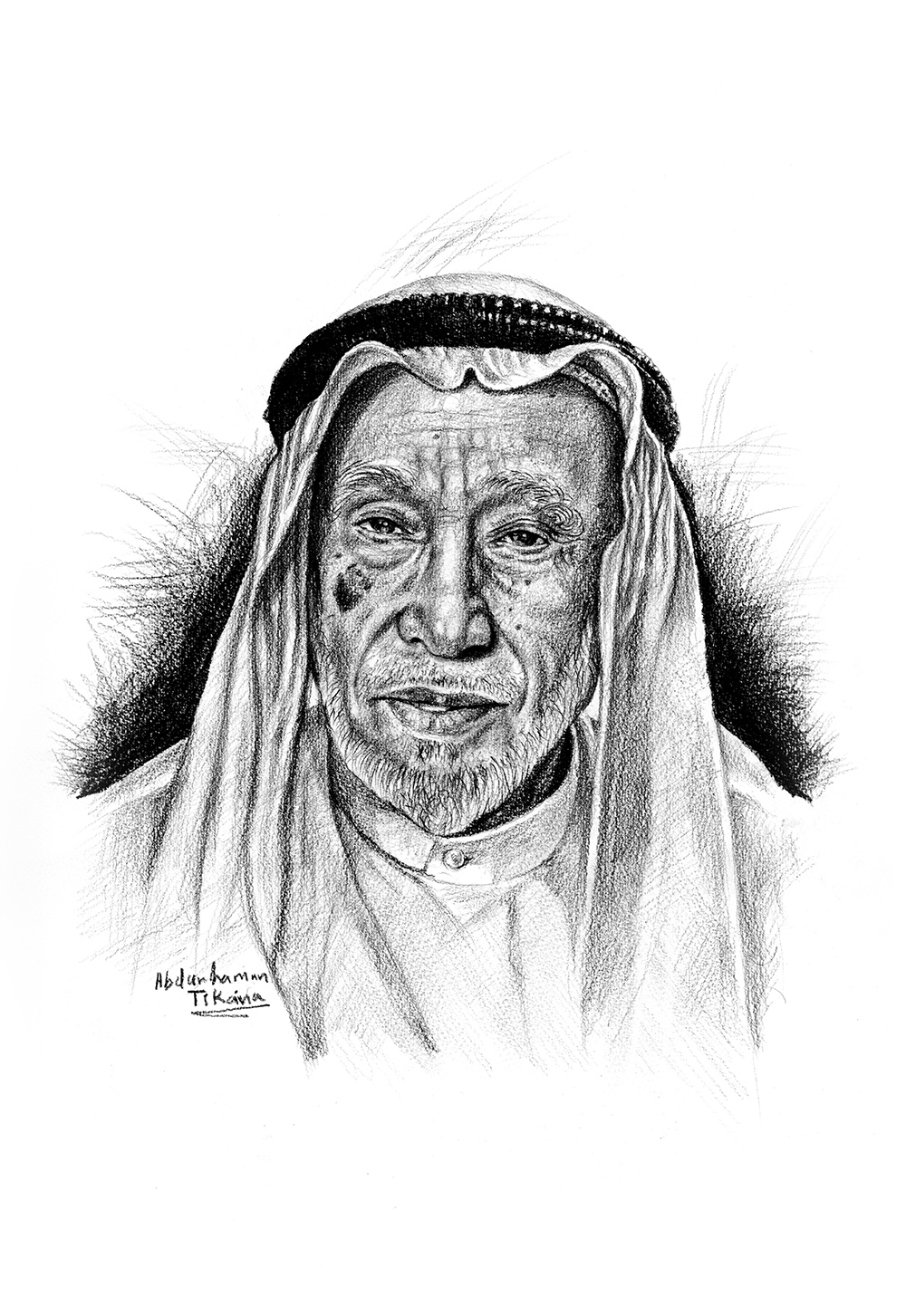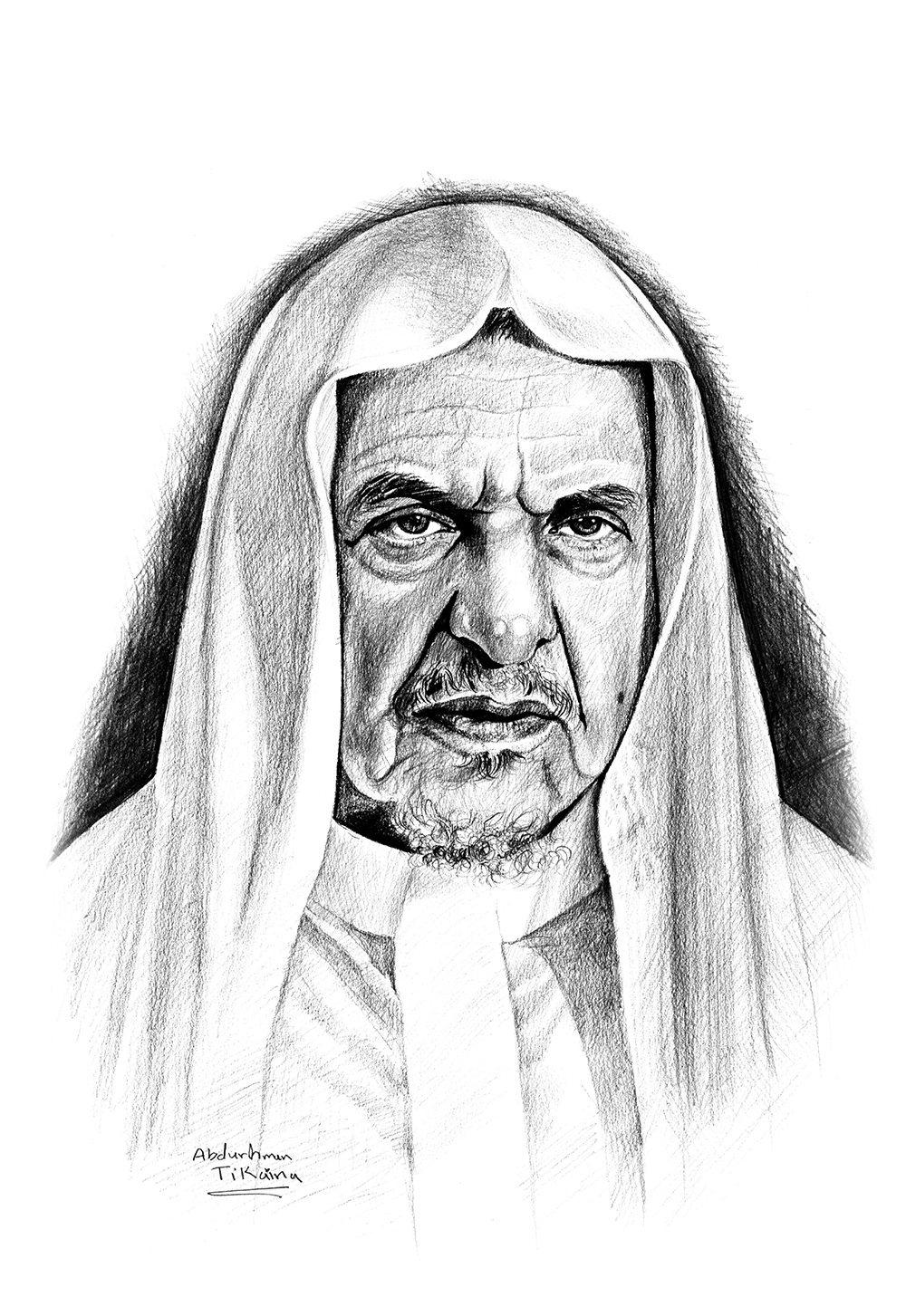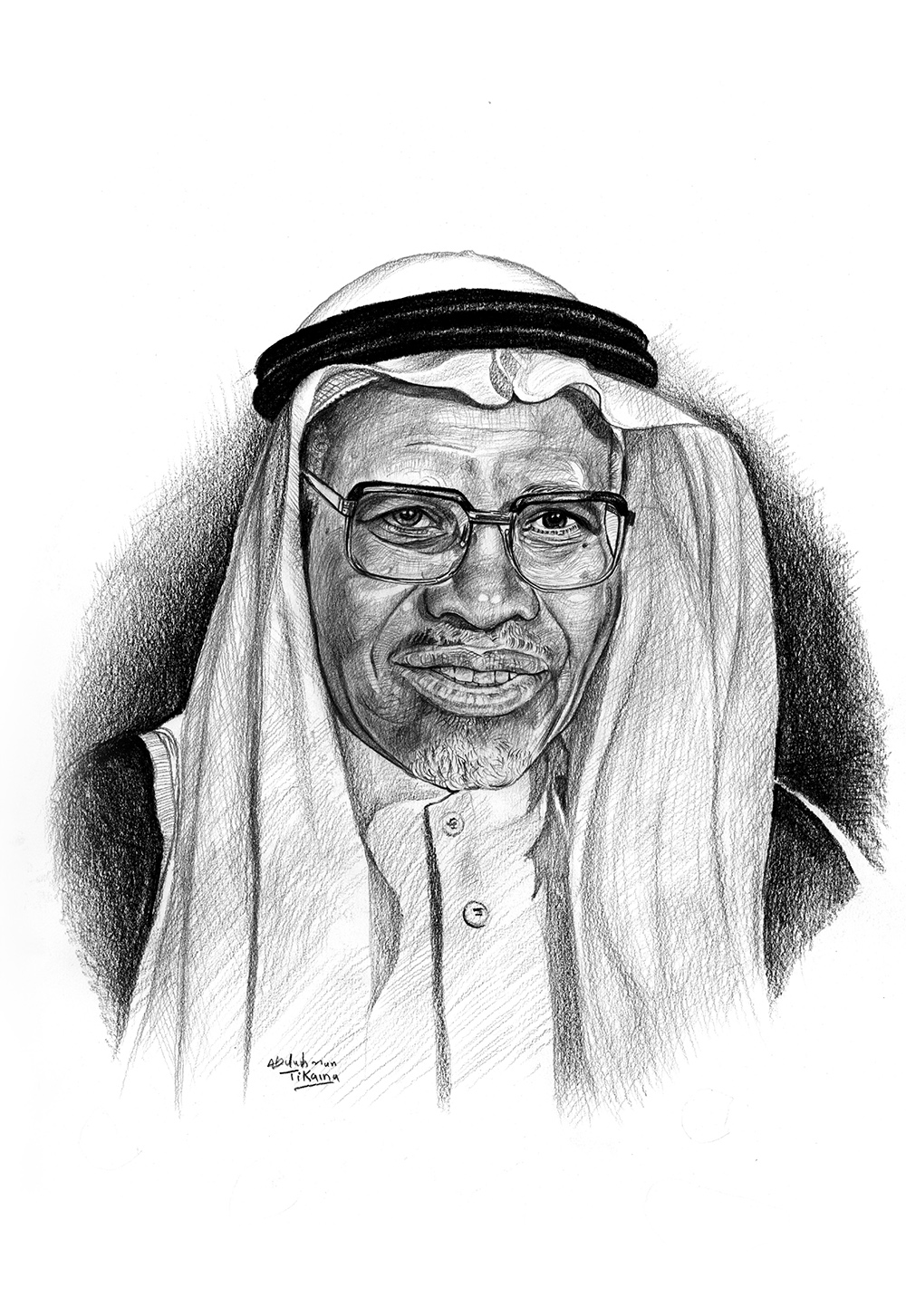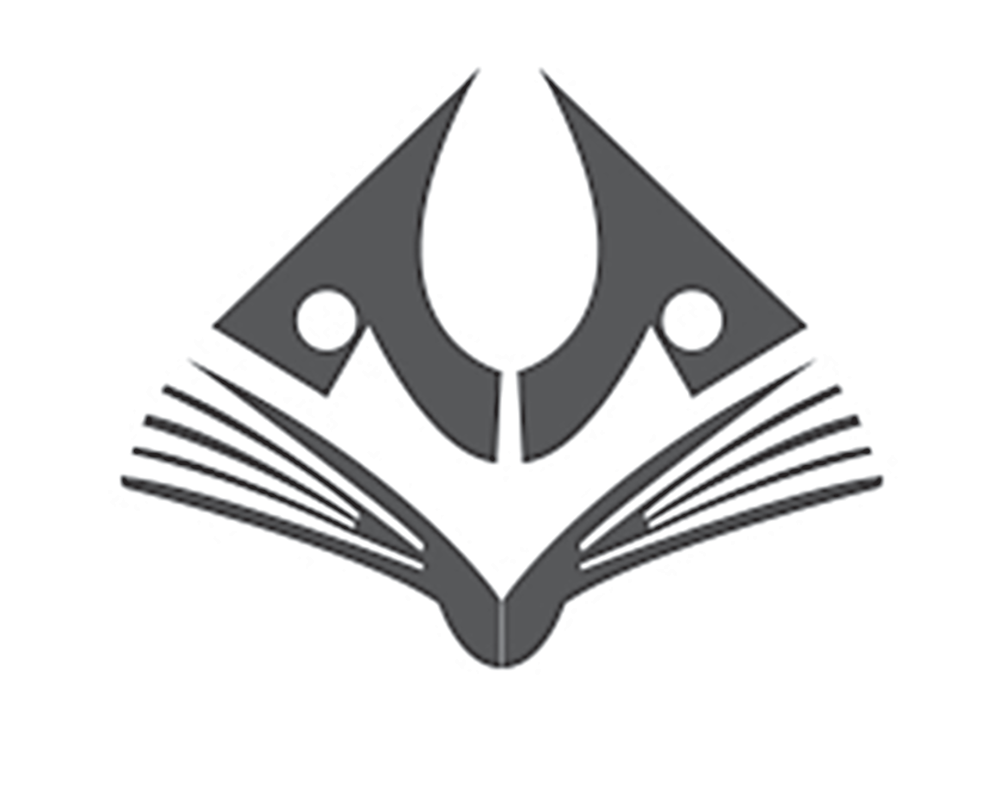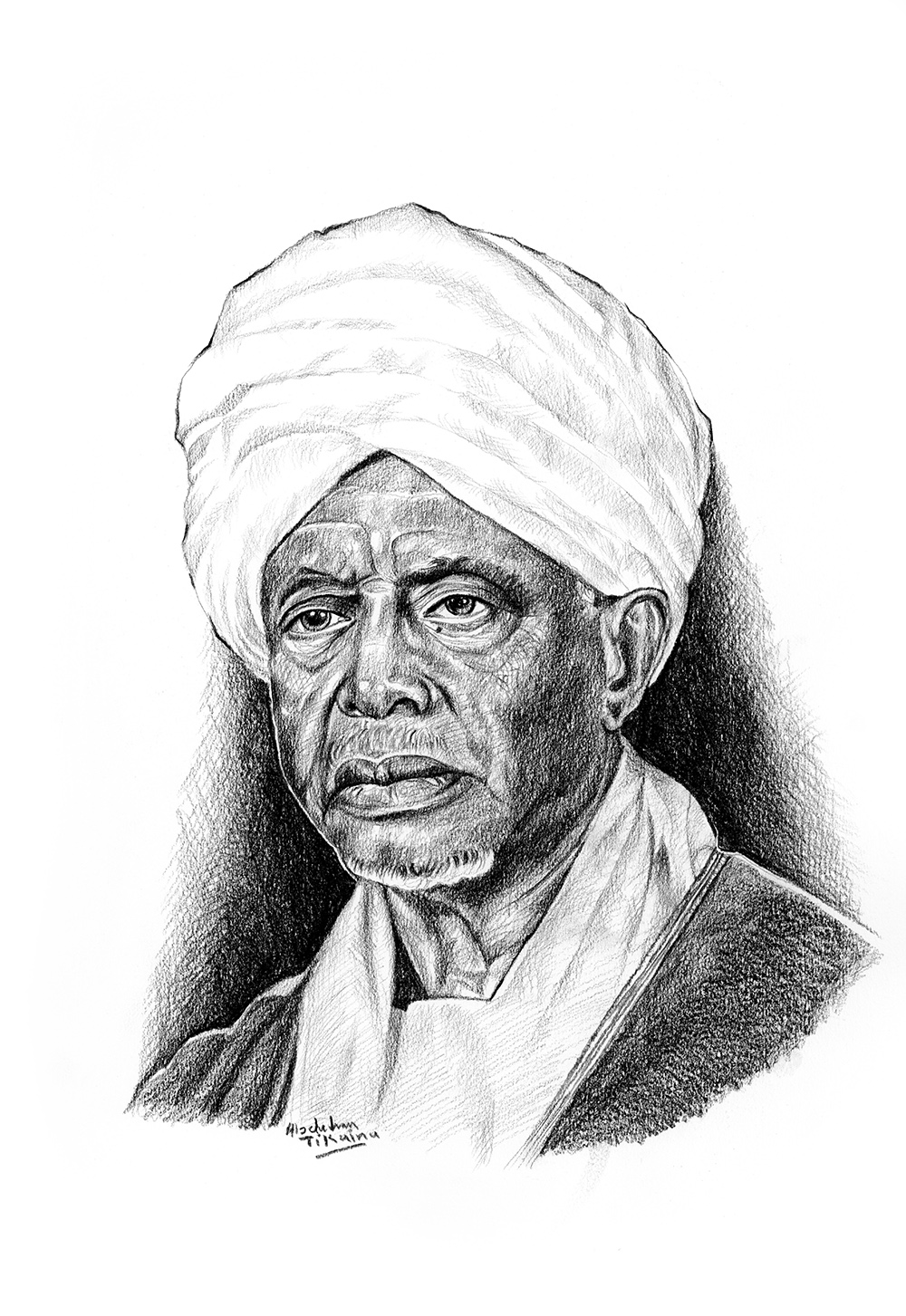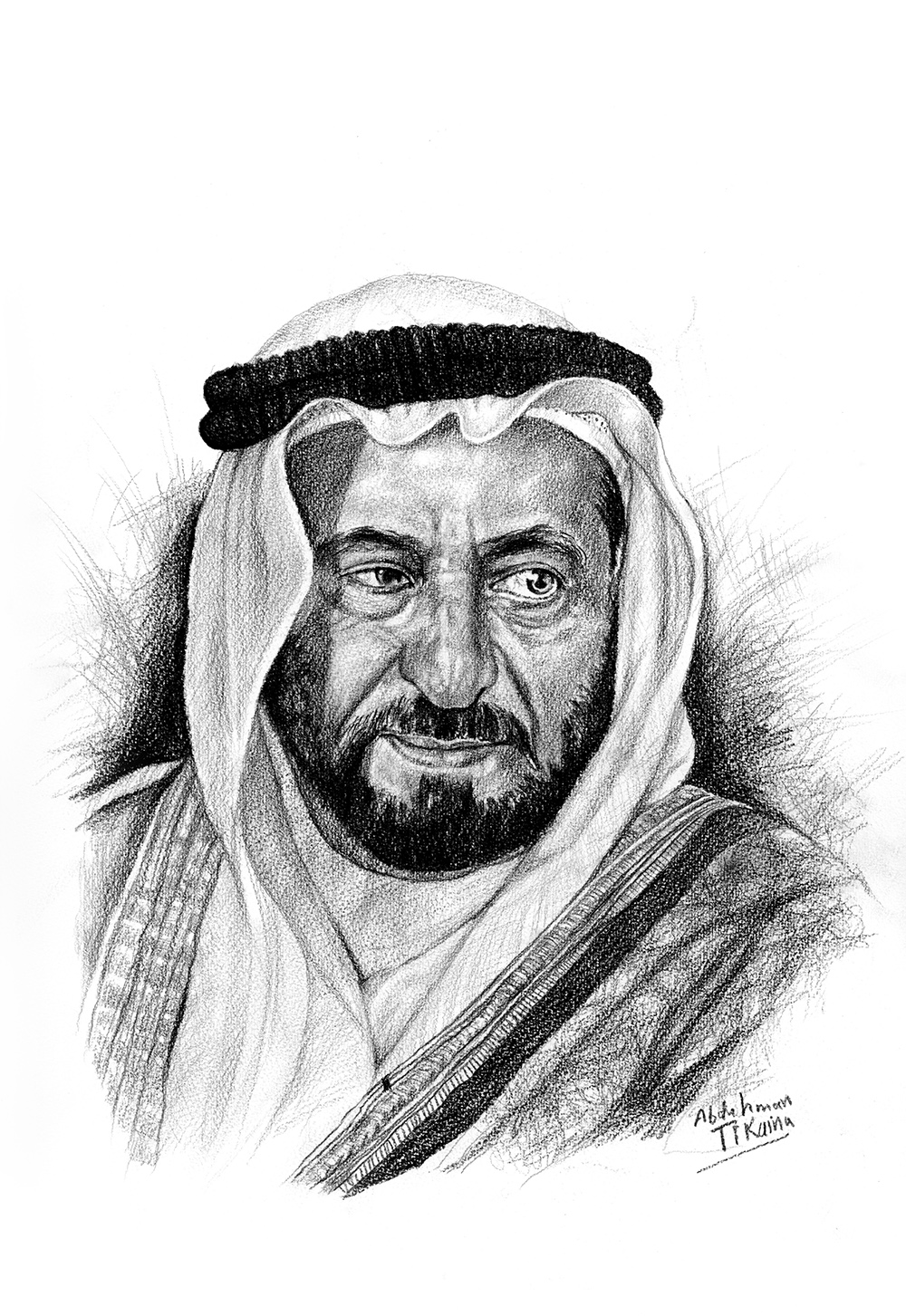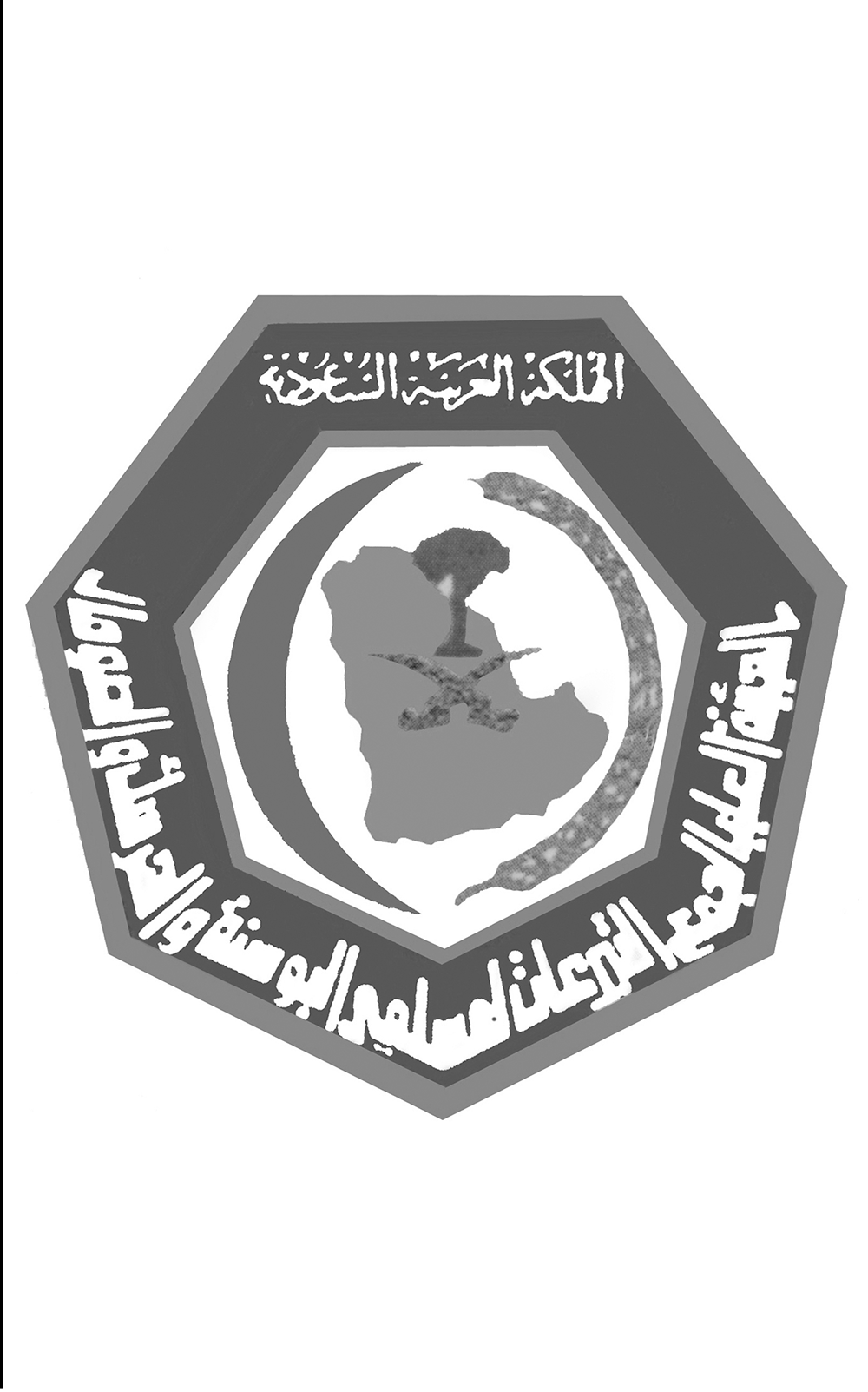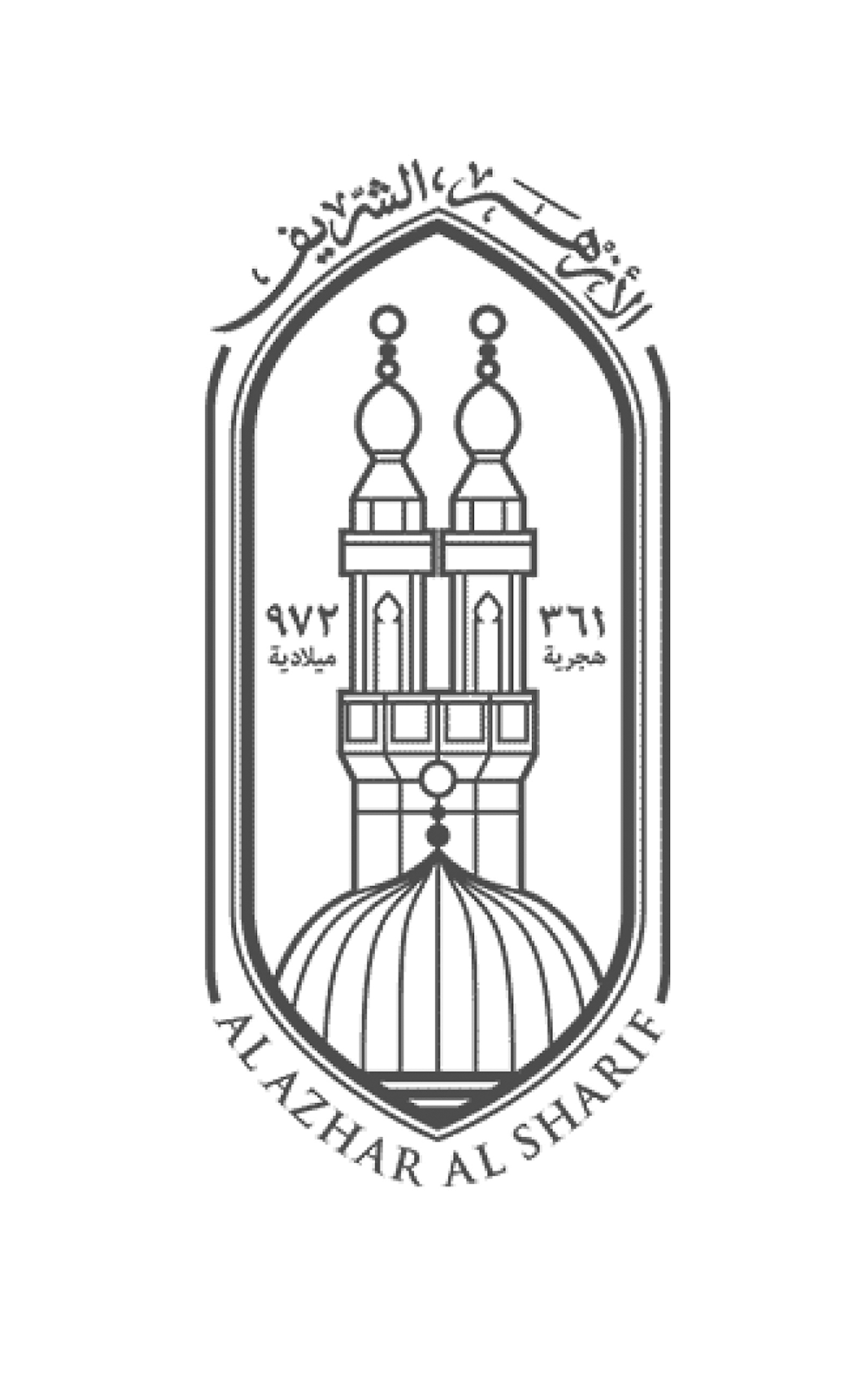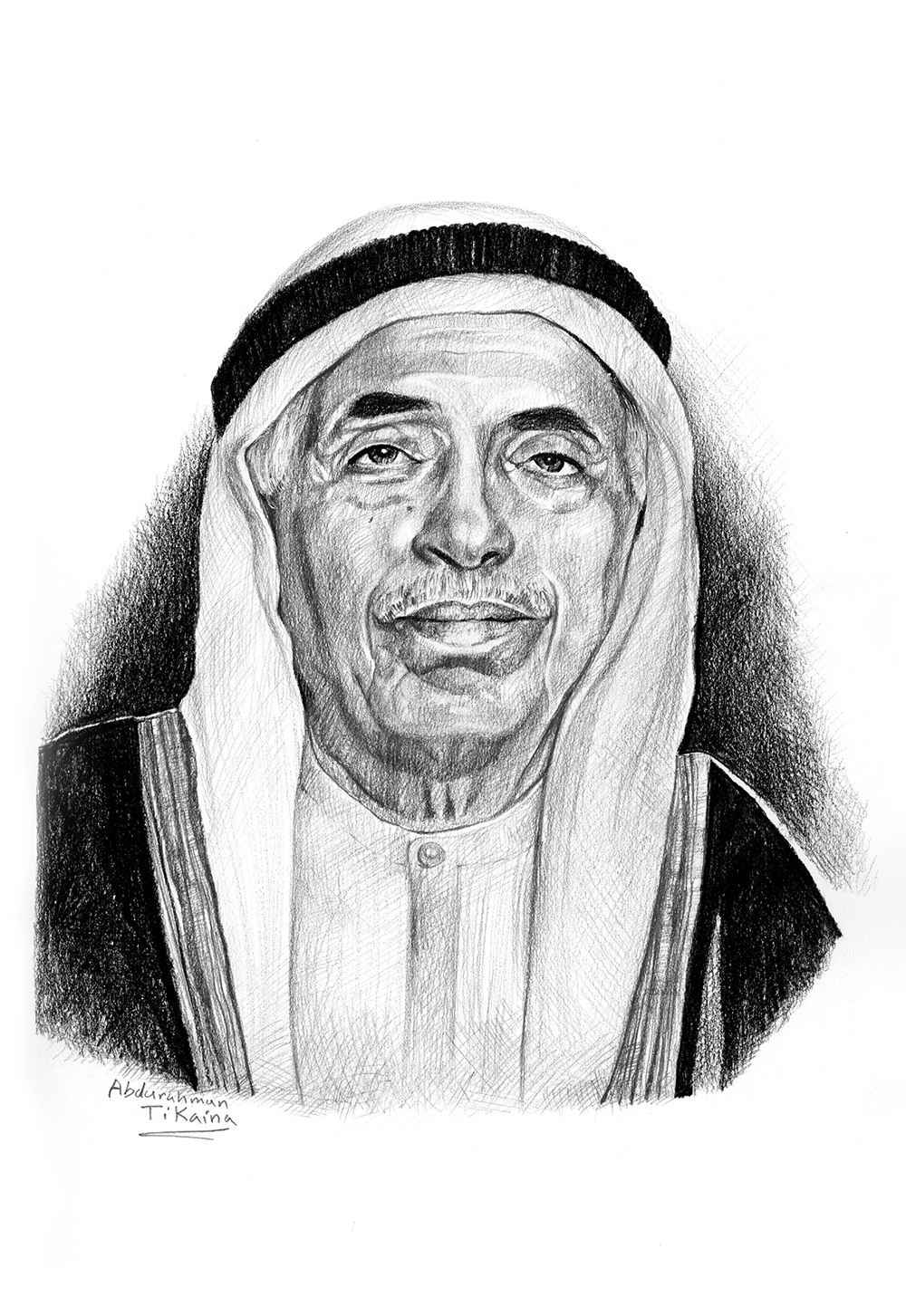Yousef Al-Hadji received his formal education in Kuwaiti schools while pursuing religious studies under the tutelage of prominent Islamic educators at home. After working for a few years in ARAMCO, Saudi Arabia, he served in the Kuwaiti Ministry of Health and became the Director of Purchases, then a Deputy Minister of Health. During that period, he oversaw the establishment of the first government hospital in Kuwait and subsequently opened several others.
He also played a key role in the introduction of medical services in rural areas, and was a Founding Chairman of the Kuwaiti Red Cross. He became a Minister of Endowments and Islamic Affairs from 1976-1981, during which period he pursued the establishment of the Kuwaiti House of Finance; and the College of Shari’a (Islamic Law) in Kuwait University, while launching the Encyclopedia of Islamic Jurisprudence, a highly acclaimed resource of that subject. In 1984, he co-founded the International Islamic Charitable Organization (IICO) and became its President. This is a mammoth organization that provides humanitarian aid to impoverished and destitute people throughout the world, regardless of their race, creed, or nationality. Over the years, the IICO built a large number of hospitals, schools, orphanages, mosques, wells, and farms that benefited millions of underprivileged people, particularly in Africa and Asia.
The IICO and the Kuwaiti Red Cross are, however, not the only examples of Shaikh Al-Hadji’s lifelong commitment to Islamic charity and social reform. He also founded, co-founded, and directed many other philanthropic institutions in the Islamic World and internationally. He was the Chairman of the Kuwaiti Joint Commission for Relief, the Vice-President of the Kuwaiti House of Alms and the International Islamic Council for Dawah and Relief in Cairo, and a member of the Boards of Trustees of the Organization of Islamic Daawa (Sudan), the Islamic Foundation in Leicester (UK) and the Islamic Universities in Islamabad and Chittagong (Bangladesh) and formerly in Uganda and Niger. He was also a member of the Supreme Council for Mosques of the World Islamic League in Makkah, and the Board of Directors of Dubai Islamic Bank. He wrote several articles defending Islamic charity and explaining its impact on the fight against poverty, ignorance and disease in the world. Al-Hadji’s contributions to Islamic charity and education were recognized by several other medals, prizes, and honorary degrees.
This biography was written in the year the prize was awarded.

